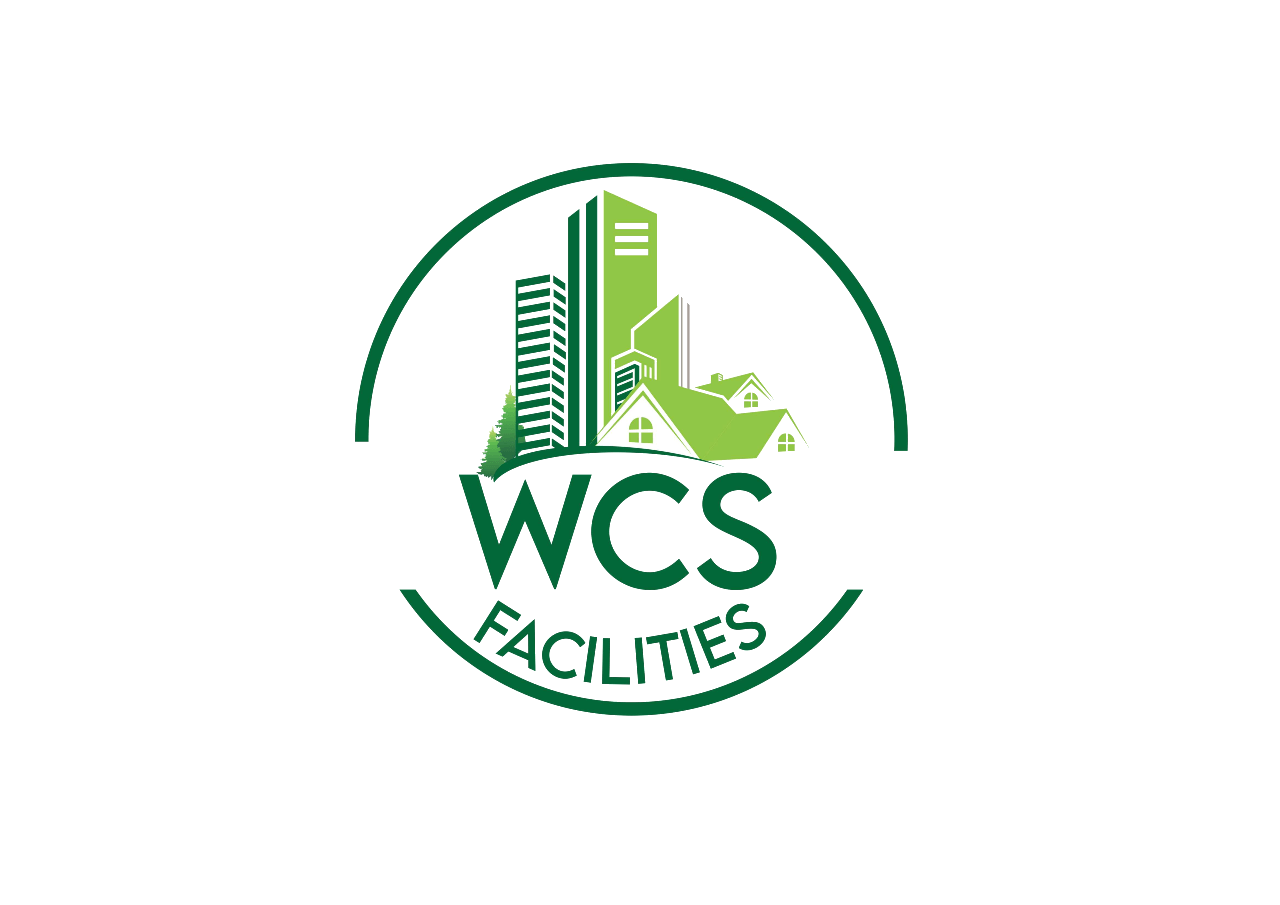Benefits of Investing in Sustainability Reporting
In today's rapidly evolving business landscape, sustainability is no longer just a buzzword—it's a core principle guiding the operations and strategies of forward-thinking companies. Sustainability reporting is essential in this shift, allowing organizations to communicate their environmental, social, and governance (ESG) efforts transparently. This reporting form demonstrates a commitment to responsible business practices and is a strategic asset in building trust, enhancing performance, and driving long-term success.
Enhancing Corporate Reputation
One of the most immediate and impactful benefits of sustainability reporting is enhancing corporate reputation. In an era where consumers, investors, and other stakeholders demand greater transparency, businesses that articulate their sustainability efforts stand out as trustworthy and ethical. Sustainability reports showcase a company's commitment to reducing its environmental footprint, improving social welfare, and upholding strong governance practices. This transparency fosters trust, which in turn strengthens brand credibility and loyalty.
Companies that excel in sustainability reporting often find themselves in the spotlight for all the right reasons. Positive media coverage, industry awards, and increased customer loyalty are just a few of the reputation-related benefits. In essence, sustainability reporting can significantly elevate a company's public image, positioning it as a leader in its industry.
Sustainability as a Competitive Advantage

Beyond reputation, sustainability reporting can be a powerful driver of business performance. Studies consistently show a positive correlation between strong sustainability practices and improved financial outcomes. Companies prioritizing sustainability tend to be more innovative, resource-efficient, and resilient in market fluctuations.
Sustainability reporting allows companies to track and measure progress on various ESG metrics, providing valuable insights into areas where they can improve efficiency and reduce costs. For example, companies can lower operational expenses and enhance profitability by identifying opportunities to cut energy usage or minimize waste.
Moreover, businesses that lead in sustainability are often better positioned to attract and retain customers, as consumers increasingly favor brands that align with their values.
Risk Management: Identifying and Mitigating Potential Pitfalls
Incorporating sustainability into business practices is about doing good and managing risk. Sustainability reporting is crucial in helping companies identify and mitigate potential risks that could otherwise threaten their long-term viability. By systematically analyzing ESG factors, businesses can uncover vulnerabilities in their operations, supply chains, and market strategies.
For instance, a company that regularly assesses its environmental impact may discover risks related to resource scarcity or climate change that could disrupt its supply chain. Similarly, monitoring social factors might reveal labor issues or community relations concerns that could lead to reputational damage or legal challenges. Companies can safeguard their operations and ensure continuity by proactively addressing these risks through sustainability initiatives.
Regulatory Compliance: Staying Ahead of the Curve
As governments and regulatory bodies worldwide increasingly recognize the importance of sustainability, businesses face many ESG-related regulations. Sustainability reporting is critical to ensuring compliance with these regulations, helping companies avoid legal penalties and maintain operating licenses.
In addition to meeting current legal requirements, sustainability reporting enables companies to stay ahead of future regulations. By adopting best practices in sustainability and regularly reviewing their impact, businesses can anticipate regulatory changes and adjust their strategies accordingly. This proactive approach ensures compliance and positions companies as industry leaders, setting the standard for responsible business practices.

Attracting Investors: Making Your Business More Appealing
Investors increasingly consider sustainability a critical factor in their investment decisions. Companies that excel in sustainability reporting are more likely to attract investment, as they are seen as lower-risk, forward-thinking, and aligned with the values of socially conscious investors.
Sustainability reporting provides investors with the data they need to assess a company's long-term viability and potential for growth. By demonstrating a commitment to ESG principles, companies can signal that they are well-managed, resilient, and prepared to navigate the challenges of a rapidly changing world. This makes them more appealing to investors looking for stable, profitable investments with a positive impact.
Employee Engagement: Creating a Purpose-Driven Workforce

A company's commitment to sustainability can profoundly impact employee engagement. Today's workforce is increasingly motivated by purpose, seeking to work for organizations that align with their values and contribute to the greater good. Sustainability reporting allows companies to communicate their ESG efforts internally, fostering a sense of pride and ownership among employees.
When employees see their company is genuinely committed to making a positive impact, they are likelier to feel engaged and motivated.
This increased engagement can lead to higher productivity, lower turnover rates, and a more positive workplace culture. Sustainability reporting helps create a purpose-driven workforce aligned with the company's mission and goals.
Building Stronger Relationships Through Transparency
In an age where consumers are more informed and discerning than ever, transparency is key to building and maintaining customer loyalty. Sustainability reporting allows companies to communicate their commitment to responsible business practices, which can resonate deeply with customers who prioritize ethical consumption.
Customers who trust that a company is acting in the best interests of society and the environment are likelier to remain loyal, even in the face of competitive pressures. Furthermore, sustainability reporting can differentiate a brand in a crowded market, attracting new customers who value transparency and responsibility. Companies can enhance loyalty and drive long-term success by building more robust, transparent customer relationships.
Operational Efficiency: Cutting Costs While Going Green
Sustainability reporting isn't just about meeting external expectations—it's also about improving internal operations. By closely monitoring and reporting ESG metrics, companies can identify inefficiencies and implement changes that reduce costs and improve overall performance.
For example, sustainability reporting might reveal opportunities to reduce energy consumption, streamline waste management processes, or optimize supply chain logistics. These improvements not only contribute to environmental sustainability but also lead to significant cost savings. In this way, sustainability reporting catalyzes operational efficiency, helping companies achieve their financial goals while minimizing their environmental impact.
The Future is Sustainable—Are You Ready?
The benefits of investing in sustainability reporting are clear and compelling. From enhancing corporate reputation to driving business performance, managing risks, ensuring regulatory compliance, attracting investors, and fostering employee and customer loyalty, sustainability reporting is a powerful tool for building a resilient and successful business.
As the world continues to prioritize sustainability, companies that embrace this practice will be better positioned to thrive in the long term. Now is the time to invest in sustainability reporting and take the first step toward a sustainable, prosperous future. Are you ready to lead the way?
You might also like




